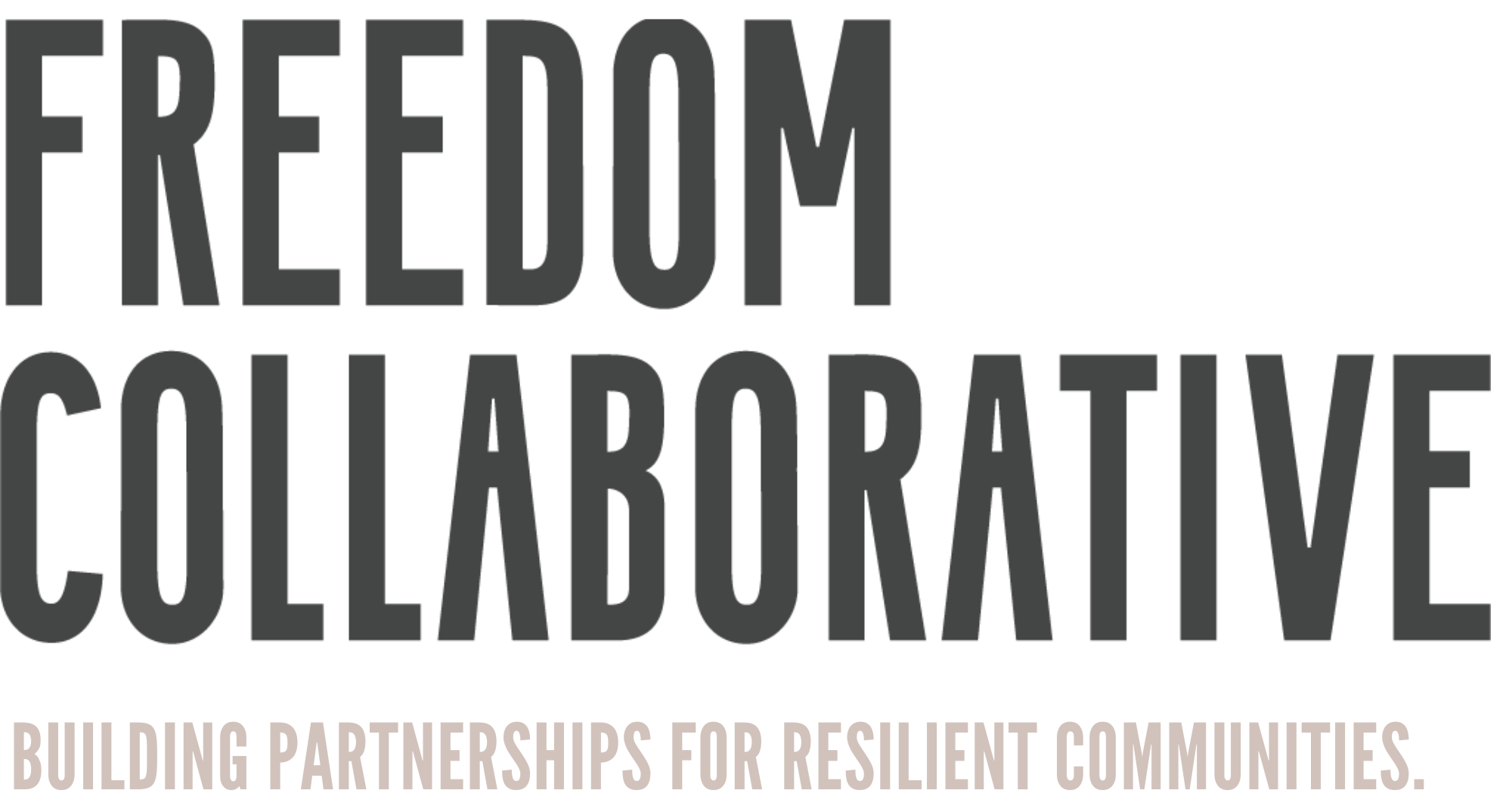Briefing Recommends a Bottom-up Approach to Trafficking Policy in Developing Asian Countries
A Briefing by USAID Asia CTIP and Humanity Research Consultancy has shared insights on how best to support survivors of human trafficking in developing Asian countries, exploring workable solutions in the areas of victim identification and referral systems, based on research into the real-life experiences of survivors, service providers, and CTIP practitioners in Bangladesh, Cambodia, and Taiwan.
Pyramid of symmetric barriers for identification of human trafficking survivors.
The premise for the original reports [1, 2] was the observation that when systems are created to protect and support survivors of human trafficking, they are often based on ideal models taken from countries where robust social protection systems are already in place, and a government-financed scheme providing well-designed services for survivors provided by fully-trained staff is an achievable proposition. This contrasts sharply with the situation in developing countries in Asia, where implementation of such archetypal models can be counter-productive as they essentially build “bridges to nowhere” by introducing laws and policies which are unworkable on the ground. The road to rescue and recovery is not so straightforward, as Human Research Consultancy stresses: "We often envision the survivor's journey as a structured process, but in practice, survivors exercise significant agency and use creative ways to navigate their experiences." The briefing advocates for a bottom-up approach, which takes into account the lived experience of survivors and the role played by unofficial, informal, and community-based actors.
Informal networks play a role across many stages of the survivor's journey. Firstly, it is common for exploited workers to seek assistance from family members back home via social media, rather than contacting official law enforcement or their embassy. The briefing recommends that government agencies use social media rather than telephone helplines to proactively reach out to those affected by human trafficking as they are more familiar with this type of communication. Furthermore, employment brokers (so-called ‘bad faith actors’) are often used to extract workers from exploitative positions, despite the high costs of this - which puts the worker and their family in a vulnerable economic position. It is recommended that governments recognise survivors who have been repatriated via such unofficial channels. For example, they are currently not recorded by the Cambodian government, and are subsequently unable to get any official support or financial compensation.
Informal networks also provide much needed support to survivors once they have been repatriated, helping them reintegrate into society. The briefing stresses the importance of the family in this area, as the awareness of human trafficking and attitudes towards those who have been victim can be pivotal in survivor outcomes. Unfortunately, survivors are often stigmatised and suffer further mental abuse due to the shame associated with their return. This, combined with pressing financial circumstances, mean that they are often forced to re-migrate. The government and donors should look to harness the potential for families and local communities to act as gateways to further support systems if they are educated about human trafficking.
A further community-based source of support for survivors of human trafficking highlighted in the briefing is other survivors. It is recommended that survivors play an integral role in service design, as they are uniquely positioned to give first-hand information on how their needs can be addressed. Survivors and survivor-led groups, such as ANIRBAN in Bangladesh, can work with service providers to develop a range of integrated services which approach the problems faced by clients in a holistic way. For example, NGOs in Bangladesh arrange life skills workshops rather than just simple vocational training to help survivors become more resilient.
The briefing also highlights the important role that grassroots organisations can play in obtaining justice for survivors. As mentioned previously, local NGOs in Cambodia have proved themselves to be adept at supporting survivors through the legal process – helping to protect clients from the intimidation tactics used by perpetrators.
It is recommended that donors and central government should facilitate this bottom-up approach through funding initiatives which support collaboration between local actors and local government representatives, whilst also working to improve existing procedures (rather than changing them wholesale – which is criticised by research respondents as disruptive). In addition, CSOs and NGOs should organise coalitions which would allow survivor-informed programming to be developed.
Share your news
Post your experiences from the field and initiatives to feature





